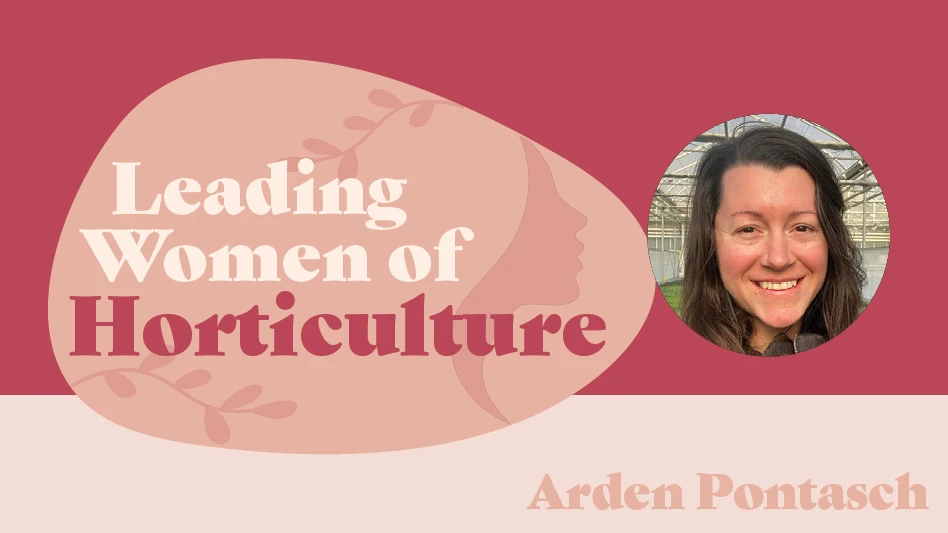
For almost two decades, Hermine Ricketts and Tom Carroll grew a magnificent amount of edibles in their front yard. Tomatoes, spinach and the like grew in neat and carefully maintained beds, along with a modicum of turf until the city of Miami Shores passed a zoning law that prohibits veggie gardens in front yards. Yep, Miami Shores is legislating edible plants.
According to the Miami Herald, the couple dug up their front-yard garden to avoid daily fines of $50. The city doesn’t mandate what type of garden goes in their residents’
For the last four years, the couple has taken up arms (of compost and delicious, healthy food) and fought the regulation, all the way to the Florida Supreme Court. Unfortunately, the high court would not hear Ricketts’ and Carroll’s appeal.
The ban was upheld by both the trial court and Florida Third District Court of Appeal, which concluded that it is rational for
“The Florida Supreme Court’s refusal to hear Hermine and Tom’s appeal is unfortunate not only for
I wholeheartedly agree with counsel. Large swaths of turf and a poorly placed and likely over-pruned sad old shrub is OK to the city of Miami Shores. But beautiful foliage of leafy greens and colorful tomatoes and eggplant are not OK? This is asinine.
“The message from the Florida courts is clear: The purpose of private property is to be decorative, not productive, and it’s government that gets to decide how you decorate it,” adds Bargil. “That is a perverse view of property rights.”
But there’s hope. The Florida Legislature is considering Senate Bill 1776, which would prohibit local governments from banning vegetable gardens. The bill, sponsored by Senator Rob Bradley, received its first committee hearing in early February.
This could happen in your community. Even if you don’t grow and sell edibles, an attack on ornamentals (invasive plants notwithstanding) could be next. What if a city leader decided they didn’t like certain perennials or shrubs because they didn’t fit an aesthetic that person preferred and wrote a similar law in your town? As an

 | The Garden Center Conference & Expo, presented by Garden Center magazine, is the leading event where garden retailers come together to learn from each other, get inspired and move the industry forward. Be sure to register by April 17 to get the lowest rates for the 2025 show in Kansas City, Missouri, Aug. 5-7.
|

Explore the March 2018 Issue
Check out more from this issue and find your next story to read.
Latest from Nursery Management
- Trends: Proven Winners 2025 perennial survey shows strong demand
- Online registration opens for the 2025 Farwest Show
- Sustainabloom launches Wholesale Nickel Program to support floriculture sustainability
- Plant breeding as an art
- Society of American Florists accepting entries for 2025 Marketer of the Year Contest
- American Horticultural Society welcomes five new board members
- Get to know Christopher Brown Jr. of Lancaster Farms
- American Floral Endowment establishes Demaree Family Floriculture Advancement Fund






